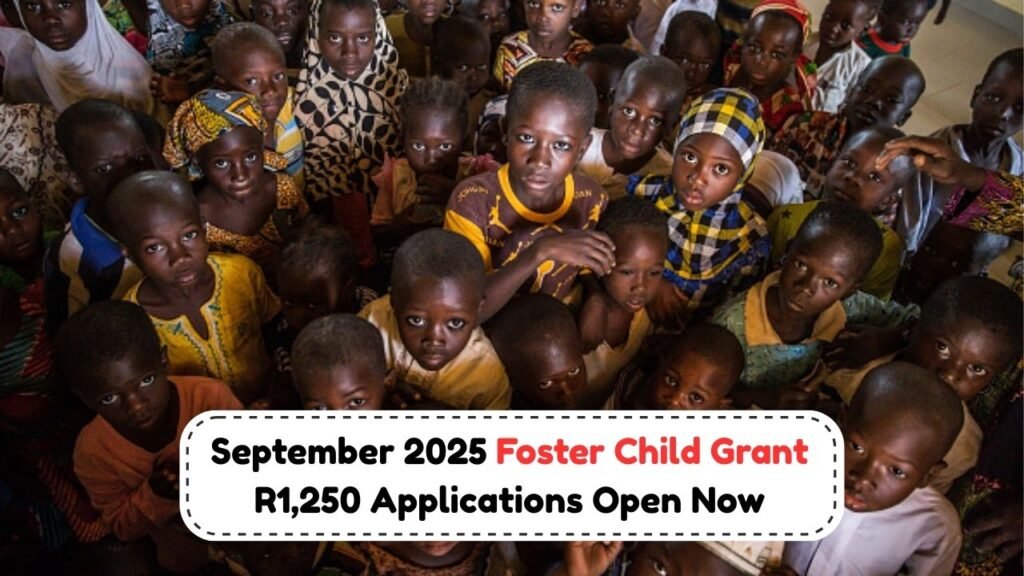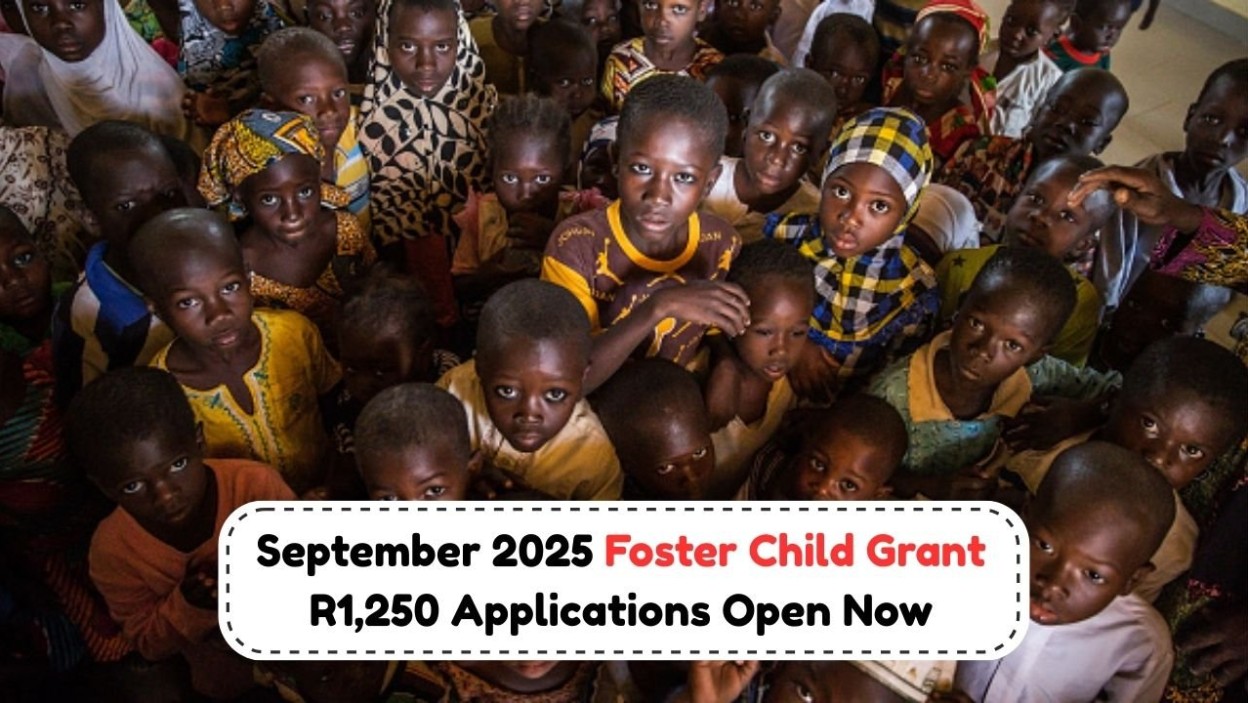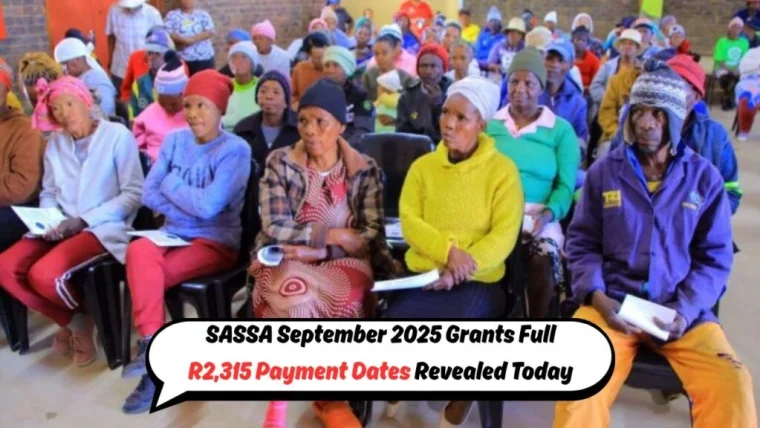
The Foster Child Grant of R1,250 is a vital financial aid provided by SASSA to support foster parents in South Africa with the costs associated with raising children entrusted to their care. The goal of this grant is to ensure that children who cannot live with their biological parents still receive adequate care, education, and nutrition. From September 2025 onwards, applications can be submitted online, making the process quicker and more accessible. Foster parents or guardians must meet the eligibility criteria, including having a legal foster care order from a court. The online system has streamlined the application process, saving time and reducing long lines at SASSA offices. By applying digitally, caregivers can upload necessary documents, monitor application status, and receive timely notifications. This initiative demonstrates the government’s dedication to aiding vulnerable children and enhancing the efficiency of social assistance. Understanding the correct application process is crucial to avoid delays and ensure the approval of the R1,250 grant.

Who is eligible to apply for the R1,250 Foster Child Grant? The grant is specifically intended for foster parents or guardians who have legal responsibility for a child through a court order. This means only individuals with official documentation proving foster care status can apply. The child must be under 18 years old and living with the applicant. Another requirement is that the child must be a South African citizen, permanent resident, or refugee residing within the country. Additionally, caregivers must ensure that the child attends school if appropriate for their age, as this is part of SASSA’s monitoring criteria. The income level of foster parents is not a consideration, as the grant is designed to help regardless of financial status. By meeting these conditions, foster parents can apply online confidently, knowing they meet the eligibility requirements.
Here is a step-by-step guide to applying online in September 2025. First, applicants should visit the official SASSA services website or use the designated mobile portal. They must create an account or log in using their ID number and registered contact information. The next step involves completing the application form with accurate personal and child-related details. Applicants must upload scanned copies of supporting documents, including the court foster care order, both the child’s and foster parent’s ID documents, and proof of residence. After submitting the form, the system generates a reference number, which can be used to track the progress of the application. SASSA may reach out to applicants if additional information is required, so keeping contact details updated is important. Once approved, payments will be made monthly into the caregiver’s bank account, ensuring reliable and timely financial support.

To avoid delays or rejection of the R1,250 Foster Child Grant application, applicants should prepare all necessary documents before starting the online process. Essential paperwork includes the court-issued foster care order, the child’s unabridged birth certificate, and certified copies of both the foster parent’s and the child’s South African ID documents or refugee permits. Proof of residence, such as a utility bill or an affidavit, is also required to confirm living arrangements. Additionally, applicants may need to provide proof of school enrollment for the child if age-appropriate. All documents must be uploaded clearly in digital format, ensuring they are legible and valid. Incorrect or missing documents can cause processing delays, so double-checking before submission is crucial. Having these documents ready not only accelerates the process but also ensures that foster parents receive the grant payments without unnecessary hurdles.

The transition to online applications for the R1,250 Foster Child Grant in September 2025 presents numerous advantages for caregivers. One major benefit is convenience, as applicants can apply from the comfort of their homes without needing to visit SASSA offices. This reduces travel expenses, waiting times, and long queues, which often deterred people from applying in the past. The online platform also allows for faster processing, real-time tracking, and instant updates on the application’s status. Additionally, digital forms enhance accuracy by reducing errors compared to handwritten submissions. Furthermore, online applications are more secure, with encrypted systems protecting sensitive personal and financial information. For caregivers managing busy households, this digital option is a significant relief. By adopting this new method, SASSA not only modernizes its service delivery but also ensures that vulnerable children receive timely and consistent financial support without unnecessary stress.
What documents are needed to apply for the Foster Child Grant? Birth certificate, ID, proof of income, and bank details.
When is the deadline to submit online applications for the Foster Child Grant? The deadline is typically towards the end of September.








Major League DJz Announces North American Tour For October
Burna Boy Supported Major League DJz At the Balcony Mix Africa, London
Bank Secures R6.5M Judgment Against Zuma For Nkandla Upgrades
Scandal: Winnie lives her worst nightmare
NSFAS 2025 Deadline Approaching – Apply Now for Student Funding
Foster Child Grant R1,250 – Online Application Guide for September
SASSA Payment Dates for September 2025 Revealed
Meet Simphiwe Ngema and her Zimbabwean husband, Tino Chinyani